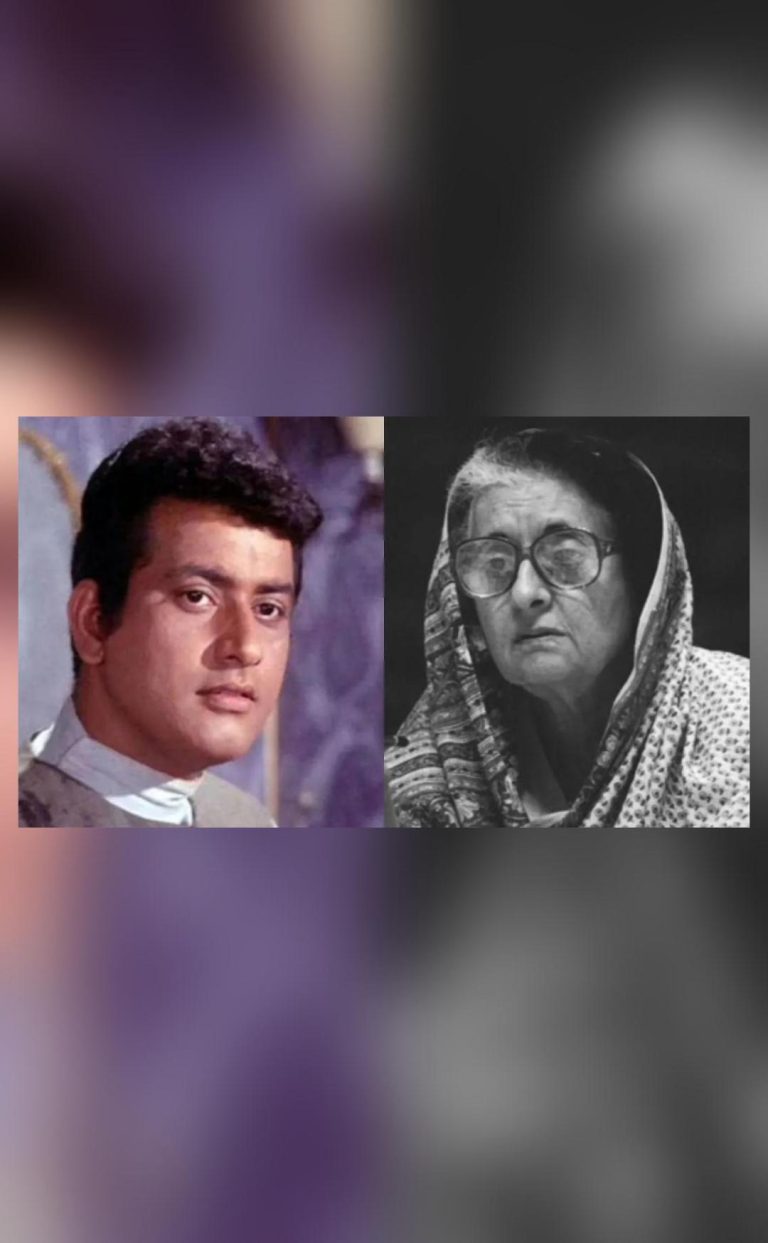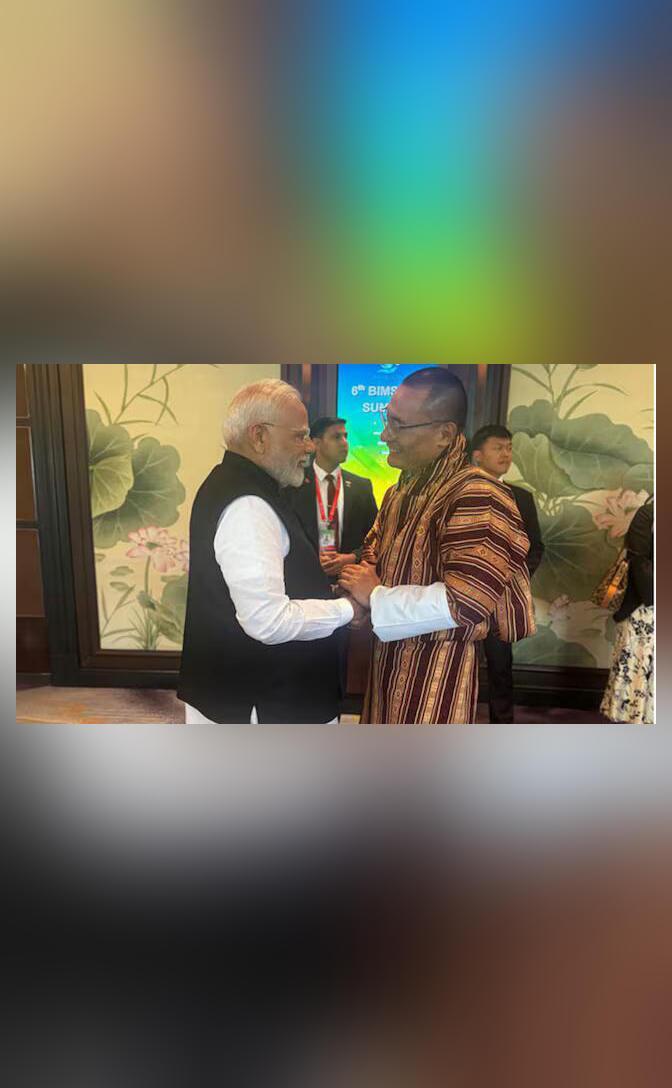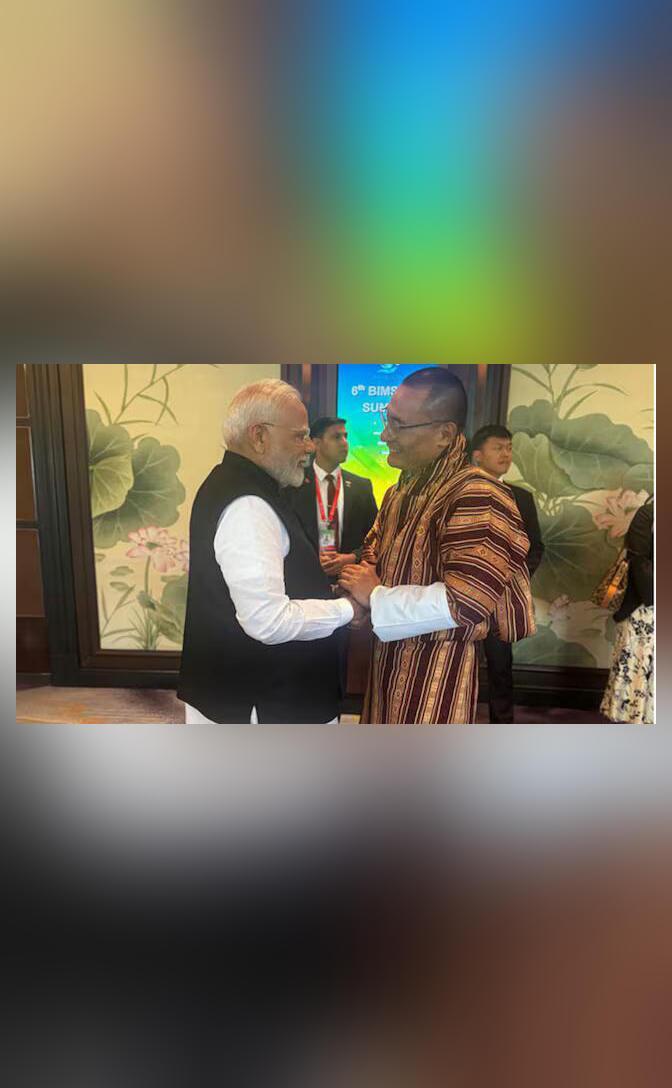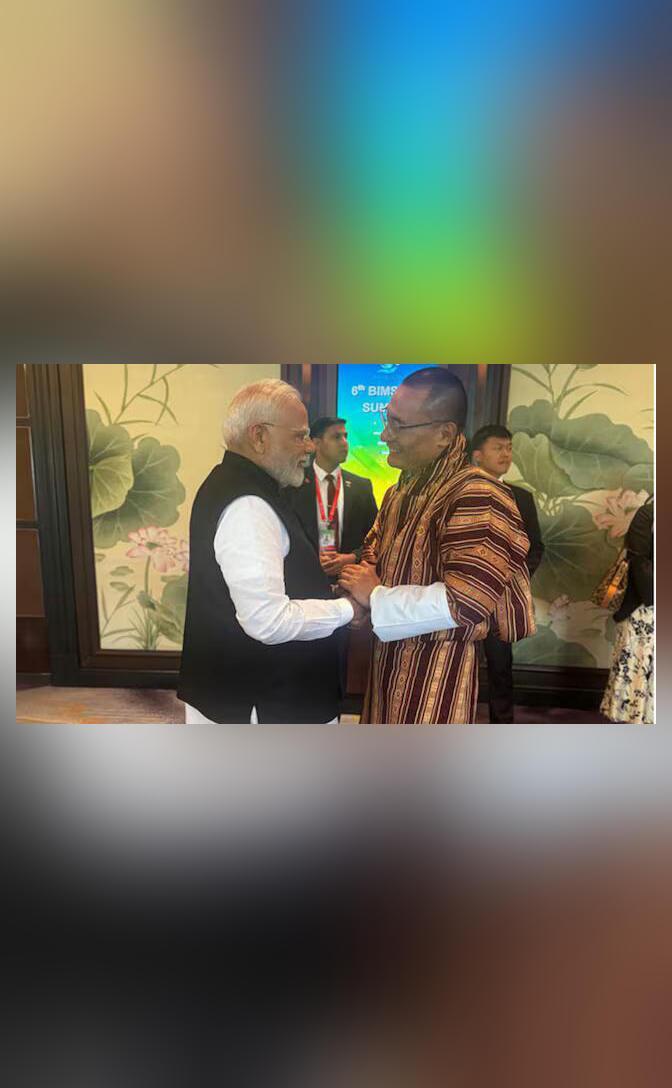
Title: You Should be Ashamed for Not Knowing Hindi: Salman to Nephew Arhaan
The famous Bollywood star, Salman Khan, recently sparked a heated debate on social media with his comments on his nephew Arhaan Khan’s podcast, ‘Dumb Biryani’. During the podcast, Salman was heard saying, “First of all, do the podcast in Hindi.” When Arhaan’s friend replied, “They don’t know Hindi,” Salman shot back, “You should be ashamed of yourself for not knowing Hindi. You’ve to cater to Hindi-speaking audience.”
The incident has left many fans and social media users divided, with some supporting Salman’s views and others criticizing him for being harsh. As a nation, India is home to over 500 million people who speak Hindi as their primary language, making it one of the most widely spoken languages in the world. So, is Salman right in his assertion that not knowing Hindi is something to be ashamed of?
To understand the controversy better, let’s take a closer look at the context. Arhaan Khan’s podcast, ‘Dumb Biryani’, is a popular online show that features conversations with celebrities, musicians, and influencers. The podcast is primarily aimed at a younger audience and is conducted in English. While it’s understandable that Arhaan and his friends may not feel the need to speak Hindi, given the show’s global appeal, Salman’s comments have raised important questions about the importance of knowing one’s native language.
In an era where social media has made it possible for people to connect with each other across the globe, it’s easy to forget the significance of language barriers. Hindi, as a language, is an integral part of Indian culture and heritage. It’s the language of Bollywood, the Indian film industry, and is widely spoken across the country. Not knowing Hindi can be a significant barrier for many Indians, especially those who don’t have access to quality education or live in rural areas.
Salman’s comments have also sparked debate about the importance of language in maintaining cultural identity. As a nation, India is incredibly diverse, with over 22 officially recognized languages. However, Hindi is the language that has been adopted as the official language of India, and its significance cannot be overstated. Not knowing Hindi can make it difficult for people to connect with their cultural roots, understand their history, and appreciate their literature.
Moreover, in a country where language plays a crucial role in shaping one’s identity, Salman’s comments highlight the need for Indians to take pride in their native language. Hindi is not just a language; it’s a symbol of Indian culture, history, and heritage. By not knowing Hindi, people are not only depriving themselves of the opportunity to connect with their roots but also losing a vital part of their cultural identity.
Of course, some people may argue that Salman’s comments are unfair and that not knowing Hindi does not make someone less worthy of respect. However, as a nation, India needs to recognize the importance of language in maintaining cultural identity and promoting social cohesion. In an era where globalization is redefining the way we live and communicate, it’s essential for Indians to take pride in their native language and use it to connect with others.
In conclusion, while Salman Khan’s comments may have sparked controversy, they also highlight the importance of knowing one’s native language. Hindi is not just a language; it’s a symbol of Indian culture, history, and heritage. Not knowing Hindi can make it difficult for people to connect with their cultural roots, understand their history, and appreciate their literature. As a nation, India needs to recognize the significance of language in shaping our identity and promote the use of Hindi as a means of communication.
Source:






